B5 - Strategies to improve adherence – Technology needs communication
Organised by the FIP Industrial Pharmacy Section
Chairs
Anna Laven (Pharmabrain, Germany) and Kerstin Neumann (Johnson & Johnson, Germany)Introduction
Life-saving drugs are fully effective only when they are prescribed for the right patient and if patients use them correctly. The reasons why patients are often unable to use the medicines correctly vary enormously. Additional and individual support, e.g., via patient-centred counselling or appropriate devices are, therefore, required to foster adherence. It is not only community pharmacists who can enhance adherence — hospital pharmacists and the pharmaceutical industry also have a contribution to make. In this session, different and innovative ways and concepts to do so will be presented and discussed. An updated, comprehensive overview of tools will be provided, packed into a meaningful educational content.
Programme
- Introducing a better understanding of adherence
Bernard Vrijens (ESPACOMP, Belgium) - Pharmacogenomics — How to choose the right drug for the right patient
John Papastergiou (School of Pharmacy, University of Toronto, University of Waterloo, Canada) - Using QR codes for patient education — How the pharmaceutical industry can support adherence
Kerstin Neumann (Johnson & Johnson, Germany) - Smart devices for adherence — The dos and don’ts
Sheila Ryder (Trinity College, Ireland) - Virtual reality — How to use avatars to improve counselling skills, an example using atrial fibrillation
Stephen Chapman (University of Keele, UK) - Structured pharmaceutical counselling — Short interventions to improve adherence in patients with non-communicable diseases
Anna Laven (Pharmabrain, Germany)
Learning Objectives
At the end of this session, participants will be able to:
- Define the real meaning of adherence;
- Outline the basic principles of pharmacogenomics, explain strategies for implementing pharmacogenomic services into practice and explore real-world case examples that highlight improvement in adherence from one of the world’s first community pharmacy-directed pharmacogenomic clinics;
- Identify how a virtual patient allows practice in a risk-free environment, understand how to use emotional triggers in an adherent consultation and how to probe for information to aid adherence;
- Describe how to improve counselling skills by using the right method and the right strategy at the right time.
Type of session: Knowledge-based
